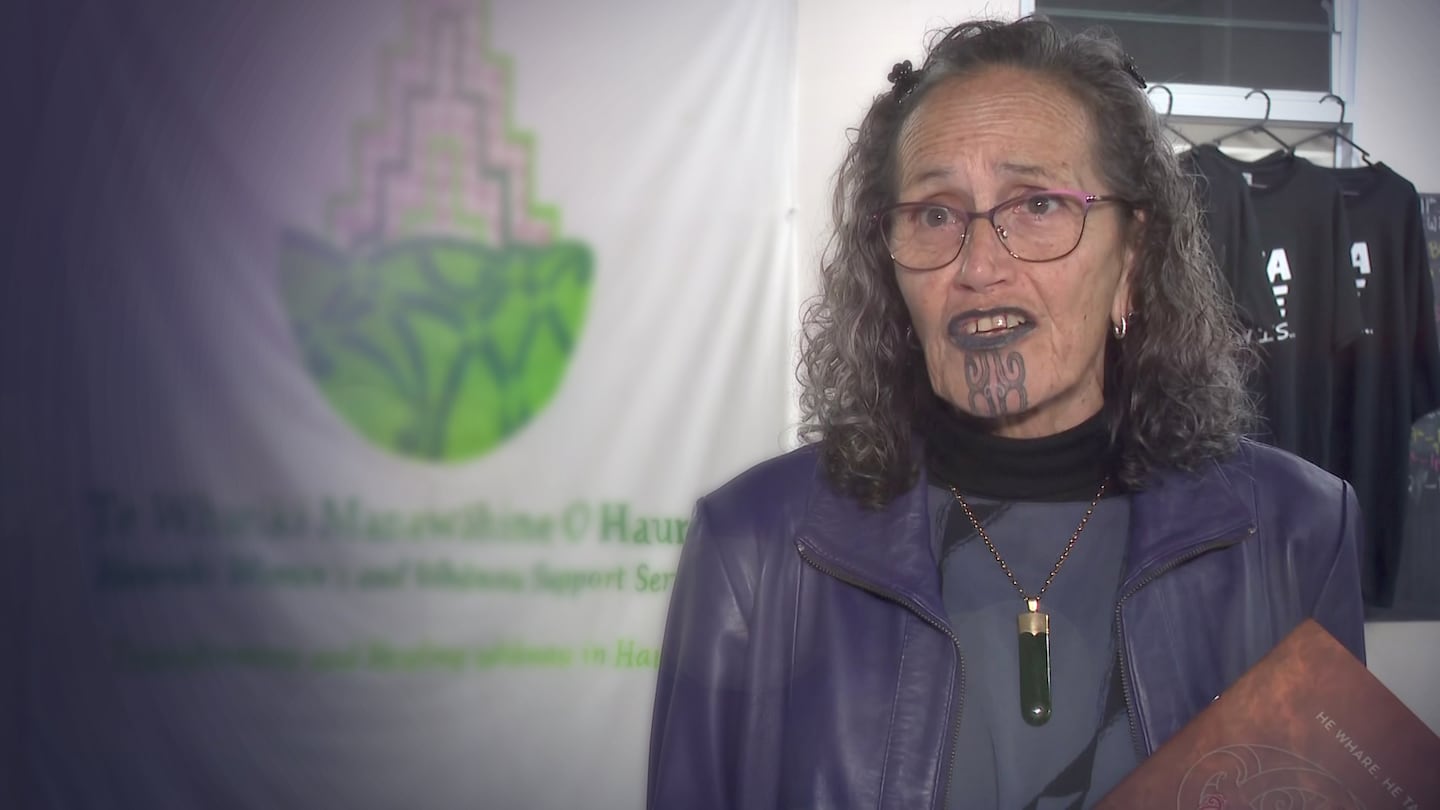Hauraki women have revealed their troubled stories of domestic violence and poverty in new research by Te Whāriki Manawāhine o Hauraki - Hauraki Women’s Refuge.
The report He Whare, he taonga is a 68-page report that details the need for an inclusive approach to address social issues and finds a connection between domestic violence and homelessness, outlining some hard truths for Māori women.
Lead researcher Paora Moyle says the report shows “what we need to do, step by step, to make that difference, because until women are free, none of us are free.
“There is no health here, and it’s no longer acceptable for the wahine, who are at the bottom of the barrel, to keep on getting treated the way that they do and blamed for the mahi tukino that they experience and turned away, rejected from possible housing.
“I’m a fighter. I’m here. I’m never going to give up. That’s the attitude of a lot of these māmās.”
More than 20 women were interviewed and the biggest finding was the threat of child removal as leverage to force women to leave their homes.
Te Whariki Manawāhine o Hauraki chief executive Denise Messiter says Māori carry “the burden of risk” for the failure of government departments’ policies on housing.
“They’re the ones who are blamed, particularly if they experience Mahi tūkino. The other ones who are blamed for the abuse, their tamariki are taken off them, not because they abused their tamariki but because somebody else did.”


